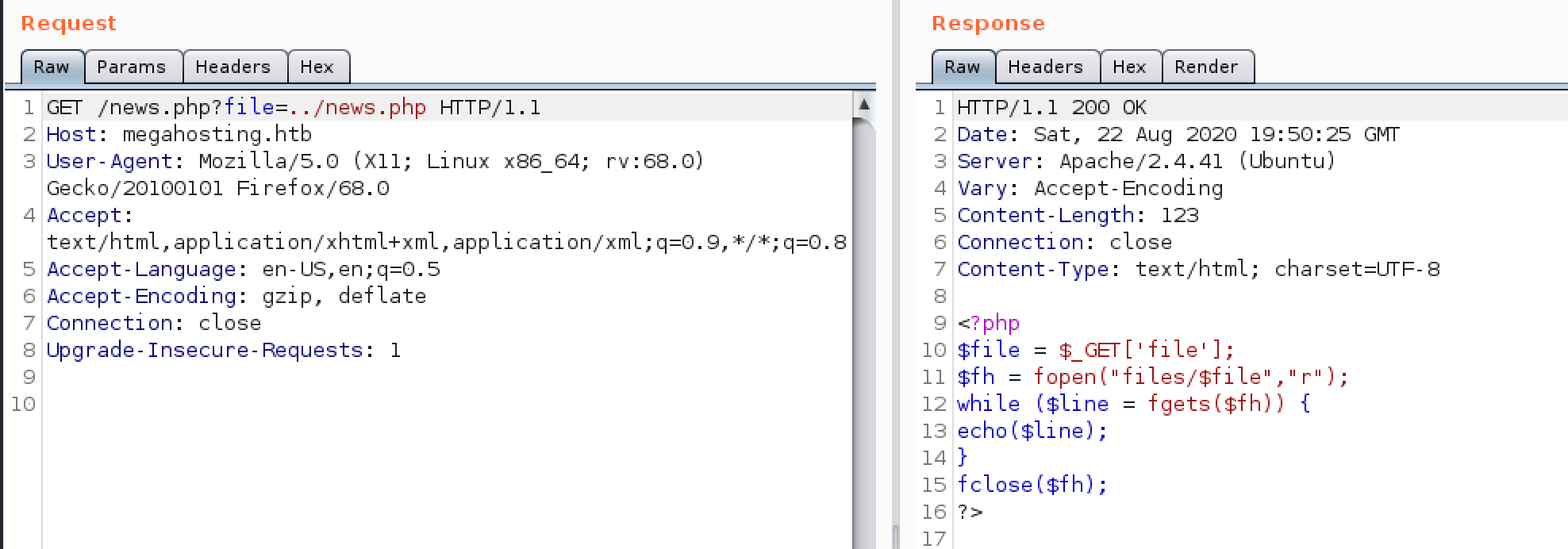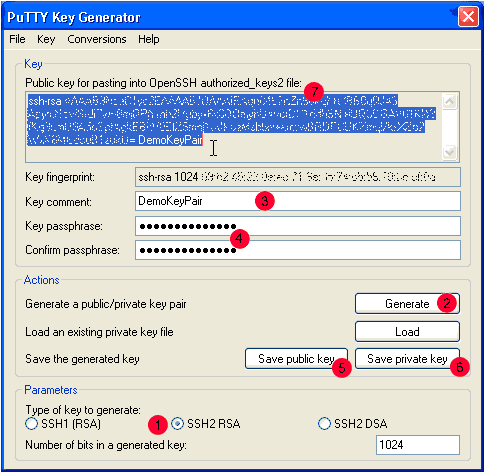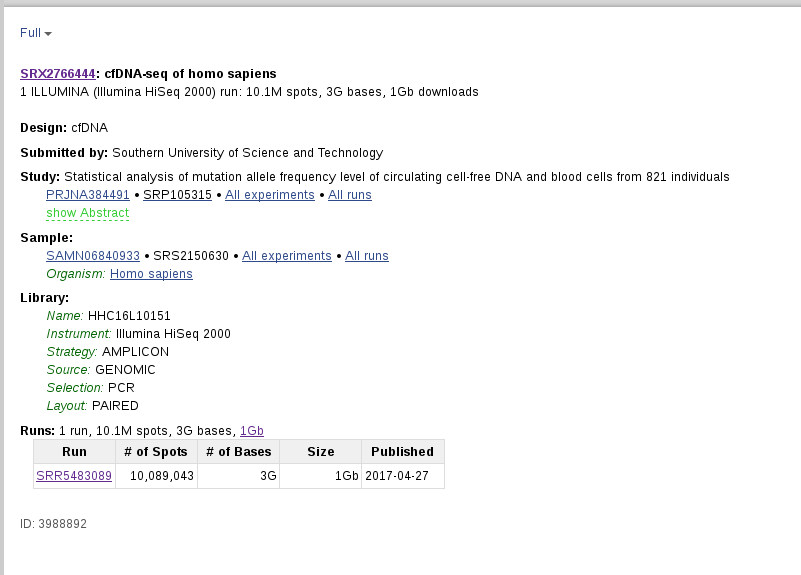OpenSSH 8.2 released
OpenSSH 8.2p1 running sshd breakage Title: OpenSSH 8.2p1 running sshd breakage Author: Patrick McLean Posted: 2020-02-20 Revision: 1 News-Item-Format: 2.0 Display-If-Installed: openssh-8.2 If sshd is running, and a system is upgraded from openssh-8.2p1 to =net-misc/openssh-8.2p1, any new ssh connection will fail until sshd is restarted. The existing version of openssh on OS X 10.7.4 is SSH-2.0-OpenSSH5.6, which is not, unfortunately, PCI Compliant. So, I need to upgrade it and I have been trying to do so with Homebrew. So far, what I've done is: brew tap homebrew/dupes brew install openssh No problem, all went well, and now when I try which ssh I get: /usr/local/bin/ssh. Git for windows made OpenSSH 8.2 available for Windows (with FIDO support). I've also created a module for OpenSSH 8.2 to make FIDO usage through Windows Hello API, you can see it in jmyreen commented on Mar 24, 2020 git for windows made OpenSSH 8.2 available for Windows (with FIDO support).
Posted Feb 15, 2020 11:43 UTC (Sat) by Sesse (subscriber, #53779)Parent article: OpenSSH 8.2 releasedDeprecation of older key exchange types is all fun and games, but not when you have older switches you want to SSH to (and that are no longer getting new OS releases). What's the real alternative? Surely SHA-1 can't be so broken that telnet is better :-)
(“-oKexAlgorithms=+diffie-hellman-group1-sha1 -c 3des-cbc” frequently helps, but not in all cases.)
OpenSSH 8.2 released
Posted Feb 15, 2020 12:51 UTC (Sat) by pizza (subscriber, #46) [Link]
...Surely a $50K barrier to entry (rsa-sha1) is better than forcing us to use a mechanism whose barrier to entry is $0 (ie telnet)(See also: https with SSL3/TLS1.0/TLS1.1 vs plain http)
OpenSSH 8.2 released
Posted Feb 15, 2020 14:22 UTC (Sat) by qyliss (guest, #131684) [Link]
SSL3/TLS1.0/TLS1.1 leave users of modern protocols open to downgrade attacks. Using those means making everybody liable to downgrade attacks, unlike plain HTTP. They’re not just being disabled out of spite.OpenSSH 8.2 released
Posted Feb 15, 2020 17:53 UTC (Sat) by pizza (subscriber, #46) [Link]
Yep, and by all means, remove support for them on the _server_ side of things so they require up-to-date clients to speak.But on the client side, there's a very long tail of crap we need to communicate with that will *never* see updates to TLS 1.2 or beyond. and it is highly delusional to pretend that there is no cost to replacing them.
By all means, have the clients COMPLAIN VERY LOUDLY or require special command line switches or whatever to speak with this older gear.


(The software for configuring the RAID controllers in two of my servers maxes out at TLS1.0, as does the https support in all of the network switches I have deployed. Granted, this stuff is all on private networks, but I don't want to have to keep around a VM with ancient software on it to administer things..)
Accessing no-longer-secure systems
Posted Feb 15, 2020 22:14 UTC (Sat) by tialaramex (subscriber, #21167) [Link]
Probably the most practical / least disruptive approach is to have a proxy whose purpose is to manage this differential for you.The proxy would present as a modern service (modern protocols and key support) but behind the scenes simply connect to the real backend using older insecure protocols and keys.
This way the insecurity is limited to those who consciously choose to use the proxy that doesn't deliver security. I guess this could either be an appliance one purchases (with lets hope a longer support lifetime than the devices you've had problems with) or software.
Accessing no-longer-secure systems
Posted Feb 15, 2020 23:56 UTC (Sat) by pizza (subscriber, #46) [Link]
No, the most practical / least disruptive approach is to disable https altogether, and go back to plain http with plaintext credentials.
Mission accomplished, I guess.
OpenSSH 8.2 released
Posted Feb 16, 2020 3:49 UTC (Sun) by mirabilos (subscriber, #84359) [Link]
Full ACK.I’ll also be running into this (AIUI it’s about server keys, not about user keys) and very annoyed.
OpenSSH 8.2 released
Posted Mar 3, 2020 0:53 UTC (Tue) by rodgerd (guest, #58896) [Link]
OpenSSH 8.2 released
Posted Feb 15, 2020 13:42 UTC (Sat) by dumain (subscriber, #82016) [Link]
The alternative to OpenSSH 8.2 isn't Telnet but a second,older, copy of ssh under a different name.Keeping an extra copy of ssh around might require a bit of work but is better to require people to do extra work to be insecure than requiring extra work to be secure. If you want to you can even rename the older ssh binary to telnet.
OpenSSH 8.2 released
Posted Feb 16, 2020 6:25 UTC (Sun) by djm (subscriber, #11651) [Link]
OpenSSH 8.2 released
Posted Feb 16, 2020 9:57 UTC (Sun) by Sesse (subscriber, #53779) [Link]
OpenSSH 8.2 released
Posted Feb 16, 2020 19:15 UTC (Sun) by josh (subscriber, #17465) [Link]
Openssh 8.2p1 Exploit
OpenSSH 8.2 released
Posted Feb 16, 2020 19:18 UTC (Sun) by Sesse (subscriber, #53779) [Link]
OpenSSH 8.2 released
Posted Feb 20, 2020 8:08 UTC (Thu) by smurf (subscriber, #17840) [Link]
Yes. I've got a managed switch (in a secure internal network!) that sports a 768bit RSA host key. There also are a bunch out there that want to use DSA keys. Ugh, but can't be helped.Seriously, that level of backwards incompatibility is disappointing. Keeping an older release isn't always feasible either; these may have security bugs or compiler incompatibilities that require significant efort to work around.
Keep the old (client) code behind an '-o insecure-old-server=true' flag which refuses to talk to new servers (so it can't be the default) but don't remove it entirely. PLEASE.

OpenSSH 8.2 released
Posted Feb 20, 2020 14:32 UTC (Thu) by smoogen (subscriber, #97) [Link]
Embedded hardware inside of very expensive capex (say the melter on a steel-mill which is a $10 million minimum replacement or some textile mill or plastic extruder or in a hospital a giant MRI device) usually will be in service for 20 to 40 years. Even when the hardware is serviceble, it is assumed that it will need to interact with other parts which have not been upgraded.. so you keep whatever was done at the time of building for at least 20 years. That means all the hardware you finally got upgraded to have ssh in the last 20 years (versus telnet before) is locked with whatever SSL and SSH algorithms from when the base model was manufactured. So an industrial IT department is locked with needing multiple copies of browsers and tools to deal with these 'forced' upgrades..And after a while, management looks at the costs and dictates to do what @pizza said was the lowest common denominator: turn off ssh/ssl and move back to http and telnet.
OpenSSH 8.2 released
Posted Feb 22, 2020 8:58 UTC (Sat) by niner (subscriber, #26151) [Link]
OpenSSH 8.2 released
Posted Feb 22, 2020 16:11 UTC (Sat) by smoogen (subscriber, #97) [Link]
The issue usually is that would require redesigning other hardware and networks and dealing with budgets that the sysadmin who is stuck trying to fix the perambulator on the wizbang does not have access to. By the time it does get fixed it will be 4-5 years from now and probably 1 or 2 reorgs. Usually the small device you are looking at is going to be under 'operational expenses' while the big hardware is 'capital expenses' and they come from different approval organizations.Openssh 8.1p1

If the sysadmin is lucky they can just keep a directory or VM of 'old' software which they fire up to deal with certain things. Otherwise they end up with having to keep a central noc machine running Potato or Woody which talks to all that hardware til finally some sort of filter does happen.
OpenSSH 8.2 released
Posted Mar 3, 2020 0:55 UTC (Tue) by rodgerd (guest, #58896) [Link]
OpenSSH 8.2 released
Posted Mar 3, 2020 3:32 UTC (Tue) by pizza (subscriber, #46) [Link]
Openssh Release Notes
